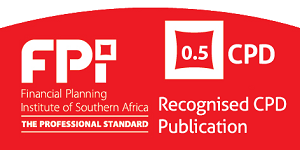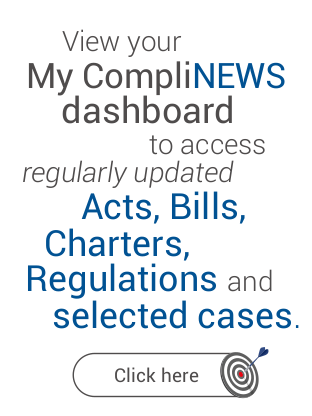Planning a client event
Publish date: 18 October 2019
Issue Number: 94
Diary: CompliNEWS
Category: General
By Lee Rossini
One of the marketing tools I have discussed in a past article is hosting client events. It is a waste of money, time and resources to host an event without planning it properly. The first step to a successful event is to make sure it is an event your identified audience would like to attend. Existing or prospective clients who are invited to an event should be curious, interested and see the value in attending.
Before planning an event, the following questions should be asked and properly answered:
- How will the event support your marketing objectives?
- Will the identified target market benefit from or act as a result of attending the event?
- What content should be covered at the event? Use the following questions as guides when answering this question; what solutions the audience are needing, what information would be useful for them to hear and what questions are clients asking. The event may also take the form of an experience for clients as a symbol of appreciation.
Properly planning an event limits the risks of things going wrong and provides an opportunity to identify problems that may arise during the event. After answering the above questions, an action plan should be drafted. This plan can be divided into three stages: pre-event planning, the event itself and post-event.
Pre-event planning
The relevant staff members should be engaged and briefed. Ask for feedback on the proposed event.
Draw up a budget based on the anticipated and known expenses. The expenses will depend on the type of event being hosted. However, the following expenses are common to most events:
- Advertising
- Banners
- Name tags, programs and/or booklets
- Venue hire
- Equipment hire
- Catering
- Entertainment or guest speaker
- Additional expenses such as competition prizes or gifts etc
Decide on the date of the event, consider any other events or activities that may be happening on the date. Leave enough time for preparation.
Decide on the number of people who can be accommodated.
Book the venue (make contingency plans if the weather is a factor).
If you decide to invite the press (an opportunity for publicity), do so well in advance. A press pack should be prepared that contains information on the event.
Invitation to guests or marketing to the prospective audience.
Proper arrangements should be made for the necessary audio-visual equipment.
Attend to the catering arrangements.
Check parking arrangements (arrange a car guard if required).
Name tags to be made (if being used) and a seating plan drawn up (if relevant).
Prepare a program if required.
Order display material, banners and brochures needed.
Ensure staff have name badges.
The event itself
Go through a checklist of the above items to make sure everything is on track.
Check the audio-visual equipment is working properly.
Check the catering and that the venue is set up correctly.
Ask a staff member or use a professional photographer to take pictures at the event. Email the pictures to guests or audience members.
A staff member should take care of the guest speaker.
Staff should be available at the entrance to welcome guests, the audience and members of the press to the event.
Post-event actions
Depending on the nature of the event, arrange a follow-up press release.
Thank the guest speaker, the press and guests for attending (if appropriate).
Make any outstanding payments.
Thank staff for their efforts in making the event a success.
Planning and hosting an event take time and resources and can place an additional burden on staff members. To ensure the success of the event, it is worth taking time to think of the event and what needs to happen from every angle. Without proper planning, it could be an unmitigated disaster which brings more harm than good.





